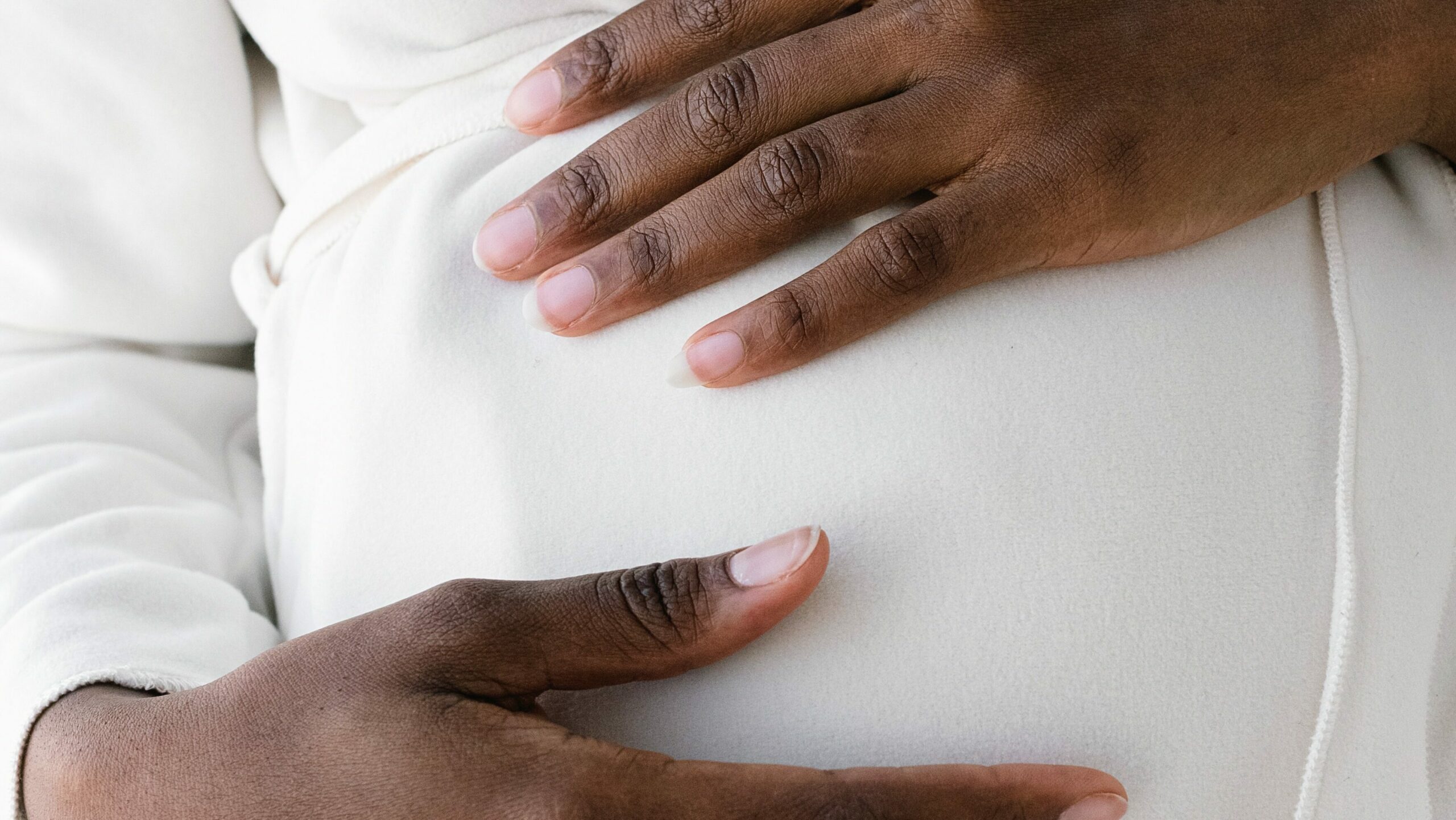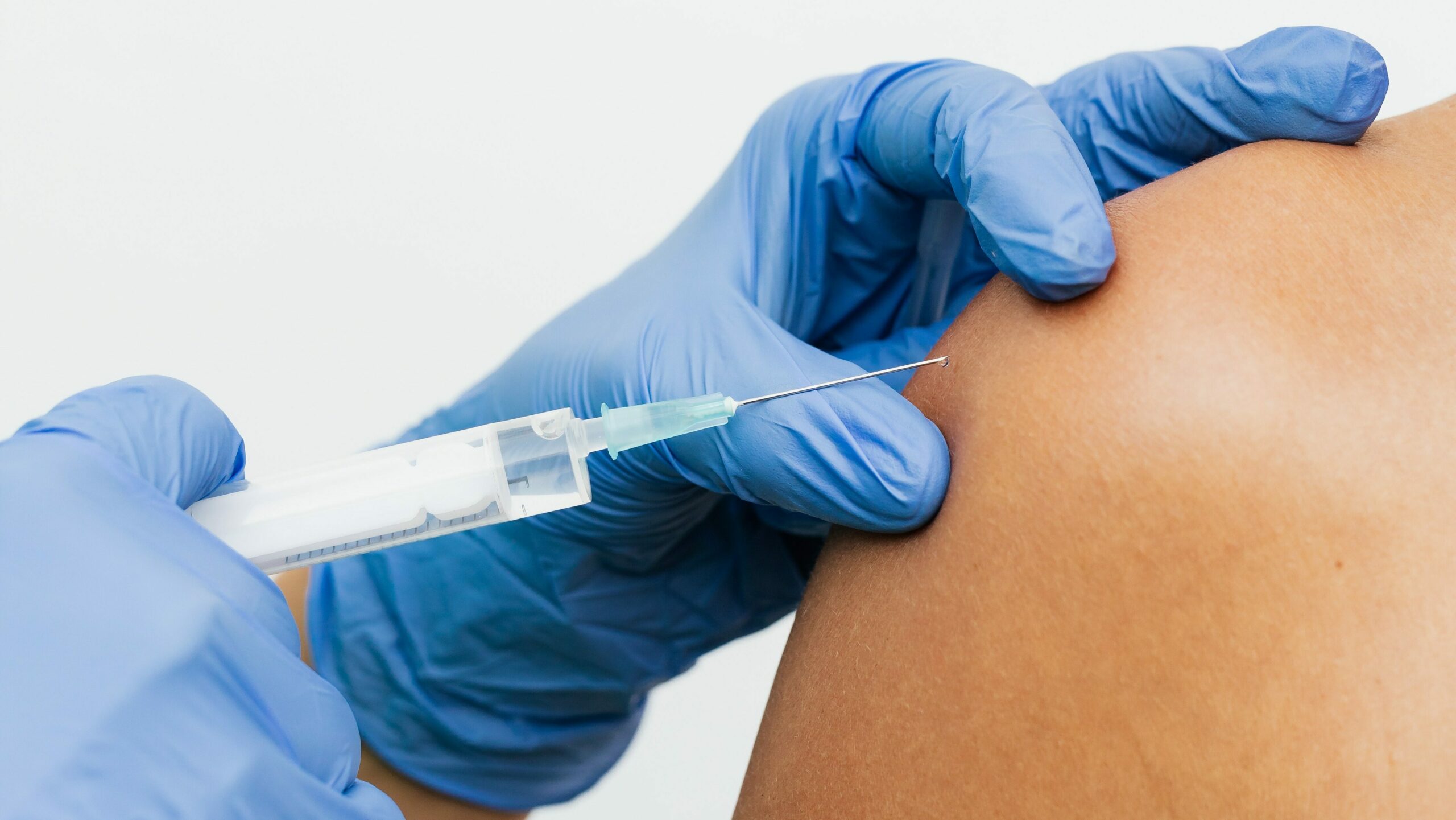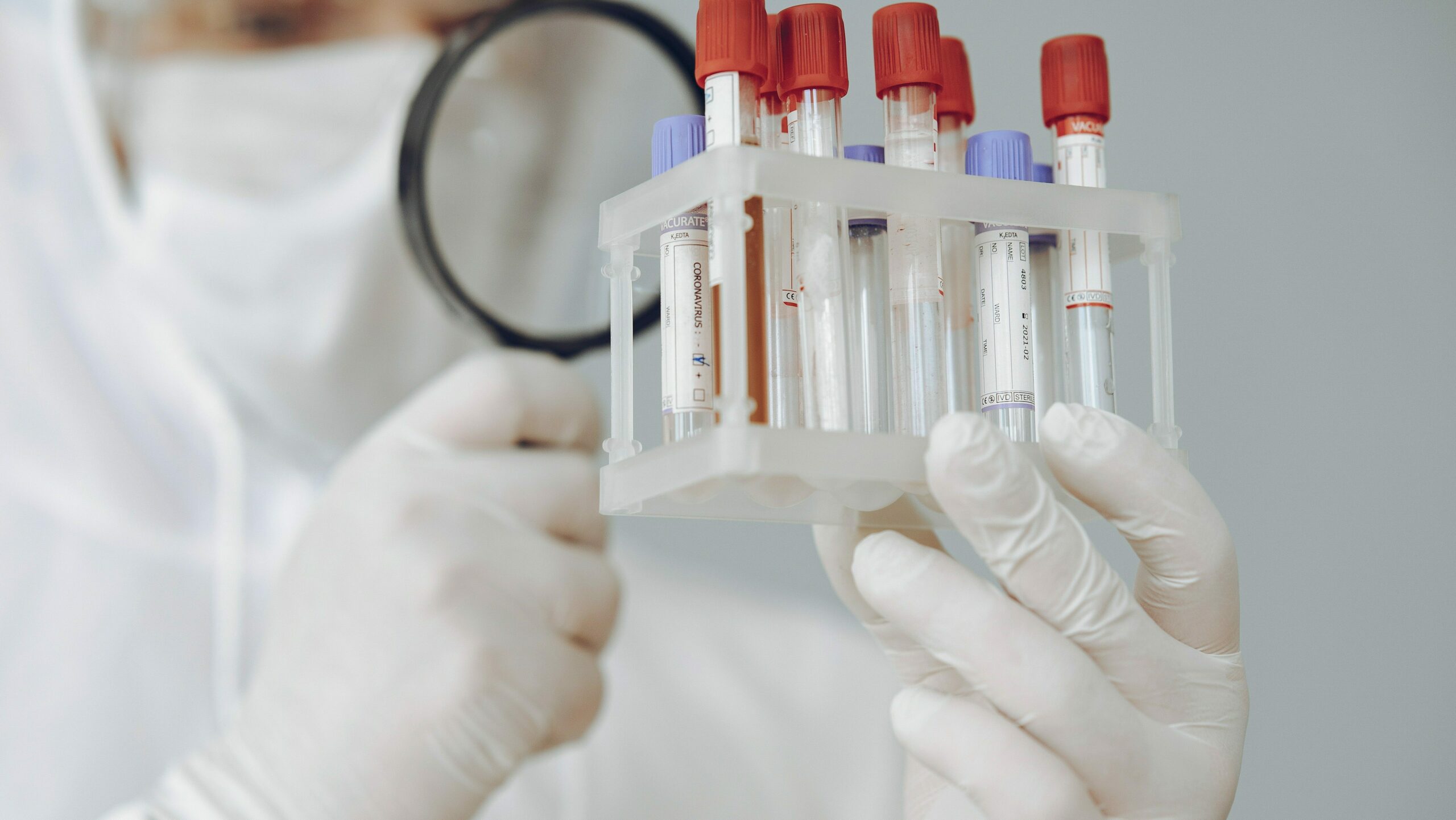
by Dr Sophie Genoni of Femma

Making the decision to try for a pregnancy is an exciting time. It is helpful for women to see their GP for a pre-conception check up prior to embarking on this journey. The purpose of this check-up is to ensure a woman’s health is optimised for pregnancy, as well as to discuss genetic screening and what to expect when trying to conceive.

Medical Conditions
A woman’s health can impact pregnancy outcomes such as the likelihood of conception, the baby’s growth, birth complications and long-term health outcomes for a child. Half of Australian women have at least 1 chronic medical condition, including diabetes, asthma, kidney disease and mental health conditions.
There are certain medical conditions that benefit from being optimised before pregnancy. This is because optimal treatment of these medical conditions will have better outcomes for both mother and baby during the pregnancy. Depending on the medical condition a woman has, this may also require speaking to a non-GP Specialist about the goals for your medical condition before and during pregnancy.
Medications, including prescription and over-the-counter, have different safety profiles during pregnancy and breastfeeding. Some medications may be teratogenic, which means they affect the physical development of a baby, and others may impact a pregnancy in other ways. Women may need their medication changed to an option that is safer for pregnancy, or to stop medication that is not essential. Some medications that can impact pregnancy may be important for a woman’s medical conditions and therefore cannot be changed or stopped, so this may require special monitoring during pregnancy.

Vaccination
Vaccination provides immunity to infectious diseases. There are vaccine preventable diseases such as varicella (chickenpox), hepatitis B and rubella, that are important to be protected from in pregnancy as they can impact the health of a developing baby. Most women have been vaccinated against varicella or have natural immunity from a chickenpox infection as a child. Rubella immunity wanes with time after being vaccinated. A woman’s immunity to varicella, hepatitis B and rubella can be checked with a blood test, and vaccination can be given if needed. These vaccinations are not suitable to be given in pregnancy, which is why it is important to consider this before trying to conceive.
Influenza and COVID-19 have worse outcomes in pregnant women, so these are also important vaccinations to consider at this time.

Genetic Carrier Screening
Around 1 in 200 babies are born with an inherited genetic condition. Some of these conditions are recessive, which means women and their partners can be carriers of the conditions without knowing it. If both parents are carriers of a recessive condition, a baby will have a 25% chance of developing the condition. Genetic screening has now become available for 3 important conditions:
– Cystic fibrosis, which affects the lungs and digestive system
– Spinal muscular atrophy, which causes muscle weakness including the breathing muscles
– Fragile X syndrome, which causes a range of physical and developmental problems
National guidelines now recommend genetic carrier screening of these conditions for all women who are trying to conceive. It is especially important for any couples with a family history of these conditions.
Currently, this genetic screening comes with a cost. However, in the 2022 Budget, the Government has announced plans to make this available free with a Medicare rebate.

Stopping Contraception
Most contraceptive options do not impact fertility after they are stopped. The contraceptive injection may cause a delay in return to fertility of up to 12 months, so women may need to consider this in advance when planning for pregnancy. Some women may choose to switch to a different contraceptive, or use barrier protection such as condoms, prior to trying for a pregnancy.
It can be helpful for a woman to allow herself to have at least 1 natural period after stopping contraception, to help with establishing the dating of a pregnancy. Until an ultrasound scan is done in pregnancy, the gestation is dated from the first day of a woman’s last period.

Trying to Conceive
The chance of conceiving a pregnancy is highest during the 5 days before a woman’s ovulates. For a woman with a 28 day cycle, ovulation occurs on or around day 14 of her cycle. Some women may choose to track their cycles using a calendar or app, to help predict when to have intercourse. Having regular intercourse every couple of days throughout the month can maximise the chance of intercourse occurring during this fertile window.
Most women will conceive within 12 months of trying, however a small percentage of women will require assistance to conceive. This percentage increases with a woman’s age, as it is well established that fertility declines sharply after the age of 35. Women who have been trying for 12 months or more (or 6 months if aged over 35), should check in with their GP for further assessment. This may need to be earlier for women with conditions such as PCOS or endometriosis.

Other Considerations
Folic acid and iodine are important supplements for every woman who is planning a pregnancy, ideally up to 3 months prior to conception. Folic acid helps to prevent neural tube defects such as spina bifida, and iodine is important for development of the thyroid gland. These can be purchased over-the-counter at the pharmacy, and are also found in the various brands of pregnancy multivitamins. Some women may require additional supplements due to their medical conditions or other risk factors.
Smoking and alcohol are not recommended during pregnancy or when trying to conceive. A woman’s GP can provide support and assistance for smoking and alcohol reduction if needed
References
Australian Government Department of Health. 2020. Alcohol during pregnancy and breastfeeding (Accessed: https://www.health.gov.au/health-topics/alcohol/alcohol-throughout-life/alcohol-during-pregnancy-and-breastfeeding)
Australian Immunisation Handbook. 2021. Vaccination for women who are planning pregnancy, pregnant or breastfeeding (Accessed: https://immunisationhandbook.health.gov.au/vaccination-for-special-risk-groups/vaccination-for-women-who-are-planning-pregnancy-pregnant-or)
Australian Institute of Health and Welfare. 2019. The health of Australia’s females (Accessed: https://www.aihw.gov.au/reports/men-women/female-health/contents/lifestyle-risk-factors/overweight-and-obesity)
Dorney, Edwina & Black, Kirsten. 2018. Preconception care. Australian Journal of General Practice (2018) 47: 424-9 (Accessed: https://www1.racgp.org.au/ajgp/2018/july/preconception-care)
Healthdirect. 2020. Cystic fibrosis (CF) (Accessed: https://www.healthdirect.gov.au/cystic-fibrosis-cf)
Healthdirect. 2022. Fragile X syndrome (Accessed: https://www.healthdirect.gov.au/fragile-x-syndrome)
Healthdirect. 2018. Spinal muscular atrophy (Accessed: https://www.healthdirect.gov.au/spinal-muscular-atrophy-sma)
Jean Hailes. 2021. Fertility (Accessed: https://www.jeanhailes.org.au/health-a-z/fertility-pregnancy/fertility)
Samecki, Anna. 2022. Three-condition genetic carrier screening to become free (Accessed: https://www1.racgp.org.au/newsgp/clinical/three-condition-genetic-carrier-screening-to-becom)
The Cancer Council. 2019. Tobacco in Australia: Facts & Issues. (Accessed: https://www.tobaccoinaustralia.org.au/chapter-3-health-effects/3-7-pregnancy-and-smoking)
Tsirtsakis, Anastasia. 2020. Genetic carrier screening: What GPs need to know (Accessed: https://www1.racgp.org.au/newsgp/clinical/genetic-carrier-screening-what-gps-need-to-know)